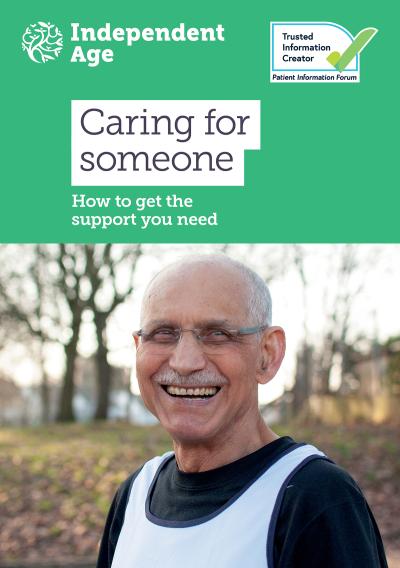Related publications

If you’re new to helping a friend or relative learn how to use the internet, it can be hard to know where to begin. This page covers how you can help someone to get online, as well as places they can get support.
From keeping in touch to making everyday tasks easier, getting online has lots of advantages. While you shouldn’t push someone into using technology if they don’t want to, your older friend or relative may find it worthwhile to improve their web skills. And by boosting their independence, they can benefit from using the internet when you’re not around.
You don’t need to be a computer expert to share what you know. However, it's worth considering if you’re the right person and if it’s the right time to do this with them.
Talk to them to find out what they want before you go ahead.
To get started, they’ll need an internet connection and a working device. This could be:
There are different internet packages available so consider how much they’ll use the internet and their budget. If you use free public internet, which is usually available in places like cafes and libraries, remember to follow advice to use it safely.
A tablet or smart speaker might be enough to get started. But you may want to consider devices designed for accessibility if they need it – for example, with larger buttons, bigger screens or simpler interfaces and apps. If you are setting a smart speaker up, remember that it often requires access to a smartphone or similar device.
Read more on our smart technology page.
It’s important not to rush when you’re showing someone how to use the internet.
Once you're ready, you’ll need to help them work out what they want to do. Talk about some of the things they could do online, for example:
Talk about their interests and needs, not just what you’d like them to do. It’s best to agree on the top three things they want to learn and focus on these first. For more ideas, read our pages in What to do online.
There are some extra things to consider if you’re showing someone how to get online from a distance.
It might seem obvious, but don't forget to cover the basics of using the internet. For example:
Local libraries sometimes offer free or low-cost computer courses to help people improve their skills. Use Gov.uk to search for a local library.
Good Things Foundation offers free online courses through Learn My Way to help people develop digital skills. This includes guides for helping someone else learn different online activities. They also support Online Centres who offer digital training sessions across the UK.
AbilityNet supports people with disabilities or sensory impairments, and older people. They offer free IT support for getting set up, technical problems and how to use a device. Their My Computer My Way tool walks you through how to adjust a device to suit individual needs.
Digital Unite offers a range of free technology guides that cover the basics of choosing a device and using a web browser. They also have guides on more specific subjects like using health apps, using the Gov.uk website, and taking your hobbies and interests online.
For free online courses to help you improve your digital skills, visit Vodafone's Hi Digital learning platform, in partnership with independent Age.
Read Good Things Foundation’s guide to helping older people use the internet for more information on how to get started.
Look on Learn My Way or Digital Unite for other free guides and courses.